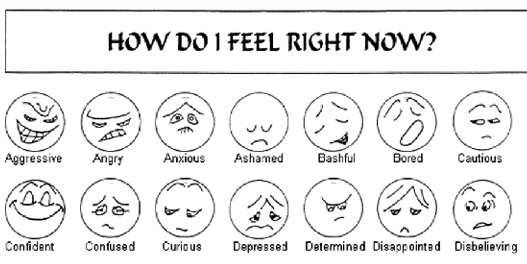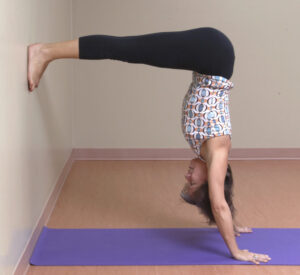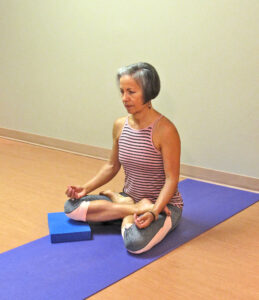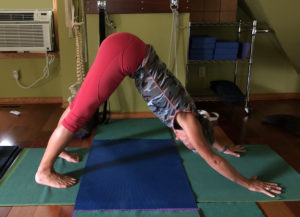The streets of London have their map, but our passions are uncharted. Virginia Woolf
If I polled people, myself included, as to whether they were taught to recognize and successfully navigate their emotions, they would all likely answer the same — “No way.” In fact, children and adults are still trained to suppress rather than express emotion. The evidence is present in such statements made to young males as — “Boys don’t cry” or to adult women — “If you want their respect, don’t let them see your tears.”
Over the longevity of my coaching and consulting career, I heard another less-than-subtle norm repeated across workplaces — “Leave your emotional baggage at home.” I don’t know anyone capable of completely separating themselves from their emotions, nor do I want to given how unhealthy the consequences are. If emotional suppression was actually healthy for society, we would celebrate symptoms like road rage and President Trump’s emotional blame games.
After exposure to various psychotherapy techniques as well as Emotional Intelligence literature, I now realize how emotional suppression short-changed our human experience leaving us with conflict, anxiety, depression, violence and many more dis-eases. Given the rapid increase of mental illness in contemporary society, it is safe to say emotional suppression proves itself unworthy of further practice.
If suppressing our emotions suppresses our being, the reverse is also true — suppressing any aspect of our being suppresses our emotions.
With the advent of Eastern philosophies and practices, we learned that suppressing emotion requires effort, a physical action, within our body. As whole beings — mind, body and spirit — when we suppress fear or anger or love, we simultaneously suppress our breath, muscles, organs and tissues. This reaction deprives our muscles and tissues of oxygen forcing them to work harder to deliver the needed resources for our daily tasks of sitting, standing, walking and eating.
Furthermore, unresolved emotions do not permanently disappear. Instead they are stuffed deep into our tissues where we hold them at bay, twenty-four seven. This fulltime job, in concert with all the other daily jobs we also engage in, continually depletes rather than augments our resources and energy. Thus, the global epidemic of depression is fueled. In the process of suppressing our emotions, one hopes we learned how unreliable this defense mechanism is. When the next trigger event comes along, these unresolved emotions push themselves back to the surface, often as inappropriate reactions
Fortunately, when we join the body and breath together, as during a yoga practice, our consciousness or awareness can now focus on the tension and tightness (emotional armouring) exposed to us during our expression of each pose. Creating space where tension currently exists is how we begin to resolve our lifetime of “emotional baggage.”
However, haven’t we also learned that “an ounce of prevention is worth a pound of cure?” As several U.S. schools are finding, it truly is time to teach our children to recognize and understand their emotions so they can prevent violence by regulating and expressing them in positive, healing, and growth-filled ways.
There are so many important reasons for mastering our emotional expression, and IMO one of the most rewarding is creativity. Emotional suppression inhibits our intuition, that ability to acquire knowledge without proof, evidence, or conscious reasoning, or without understanding how the knowledge was acquired. Without intuition, we do not experience the “aha!s” or breakthroughs necessary for creating innovative solutions, products, art, etc. Human creative production is boosted by positive emotional expression and free-flowing intuition.
As a final inducement for emotional expression, many religious traditions and Eastern schools of thought view intuitive knowledge as coming directly from the divine/cosmos/source/spirit/creator/god (or whatever you call this Universal mind). Let’s suppose for one moment that this belief is true. Then, wouldn’t we want to be “one with source” as much as possible in order to keep our creative juices flowing?
For more on positive emotional and creative expression, click here.





